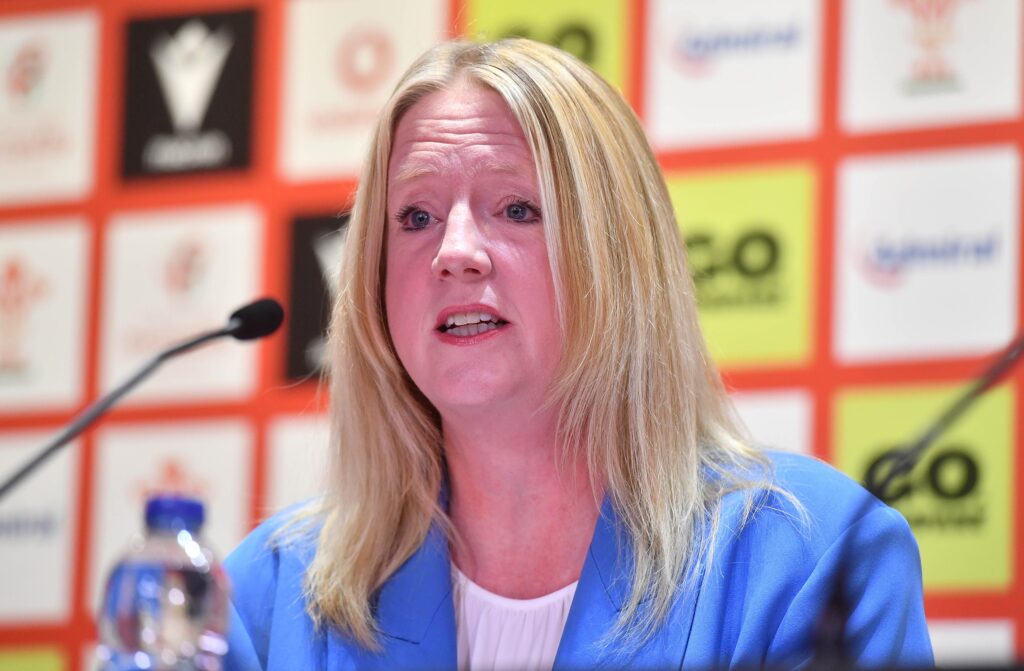The Welsh Rugby Union (WRU) has acknowledged the widespread anger sparked by its proposal to reduce the number of professional men’s regional rugby teams in Wales from four to two. The move, outlined in a detailed consultation document titled The Future of Elite Rugby in Wales, is part of a radical strategy to revive the sport at both club and international level.
Under the proposal, the four existing sides – Cardiff, Dragons, Ospreys, and Scarlets – could be cut in half, leaving just two professional men’s teams. Each remaining region would also field a women’s side, as part of a broader restructuring to align with the growth of women’s rugby. The consultation period will last six weeks, with fans, clubs, and stakeholders invited to shape the final outcome.
WRU chief executive Abi Tierney admitted the plans would cause emotional upheaval, recognising that fans feel a deep connection to their clubs. She stressed, however, that the current system is no longer sustainable, citing falling attendances and financial challenges. According to the union, continuing with the existing model risks further decline and would not provide a competitive platform for Welsh rugby in the long term.
The plan has already stirred uncertainty across the regions. The Ospreys are preparing to move into a redeveloped stadium at St Helen’s in Swansea for the 2026-27 season, while the Scarlets recently announced new investors to stabilise their future. The Dragons have insisted professional rugby must remain in Gwent, and Cardiff, currently under WRU ownership after entering administration, face further upheaval if the proposal is enacted.
There are also concerns about potential legal challenges from any regions effectively forced out of existence. WRU chair Richard Collier-Keywood confirmed that “two or three” areas of legal risk had been identified.
Alongside the restructuring, the WRU has proposed establishing a national rugby campus. This facility would serve as the home of the men’s and women’s professional teams, national squads, and academy players. The project is presented as a bold attempt to create a long-term competitive advantage, providing elite players with world-class facilities and resources.
Despite fears of possible strike action from players, the WRU leadership is confident that constructive dialogue will prevail. The union argues that the sport must be bold and forward-thinking if it is to compete internationally, even if the changes are painful in the short term.

